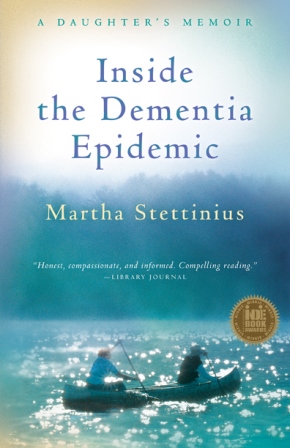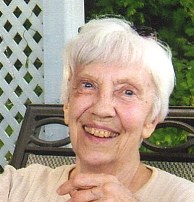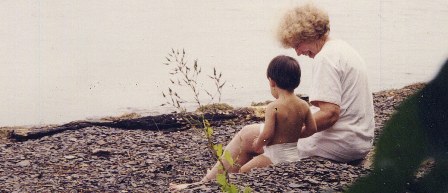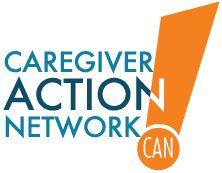Staying Friends with a Person with Advanced Dementia
 Monday, August 11, 2014 at 08:35PM
Monday, August 11, 2014 at 08:35PM "How do you continue a friendship when your friend no longer remembers the story of your friendship?"
-- Susan H. McFadden, Ph.D., co-author, Aging Together:
Dementia, Friendship, and Flourishing Communities
Book Review: Aging Together
 I have lived in an intentional community, a “cohousing” community, with my husband and children for 16 years. Our homes are built quite close together, we share outdoor space and “common houses” with meeting rooms, laundry facilities, dining areas, and play rooms, and many residents join village meals several times a week.
I have lived in an intentional community, a “cohousing” community, with my husband and children for 16 years. Our homes are built quite close together, we share outdoor space and “common houses” with meeting rooms, laundry facilities, dining areas, and play rooms, and many residents join village meals several times a week.
Such an intentional community serves as a kind of laboratory for aging not “in place” but “in community.” As cohousing spreads across the world, it has the potential to teach us a lot about one of the growing challenges—or opportunities—of aging: how to maintain friendships with people we care about who develop Alzheimer’s disease or another dementia.
With one in 8 people over age 65 developing dementia, and nearly 50 percent over age 85, each of us is likely to have a friend with dementia, be a care partner for a person with dementia, or develop it ourselves. Aging “in community,” whether we live in an intentional community or a suburb, means that we will have to choose how we respond when our friends start to develop dementia. Will we grow closer, or slip away?
A recent book, Aging Together: Dementia, Friendship and Flourishing Communities by Susan H. and John T. McFadden (Johns Hopkins University Press, now out in paperback), is an excellent guide for anyone who cares about a friend with dementia. It’s addressed “primarily to persons who have not given much thought to what will happen to their own friendships when forgetfulness increases.” The key question, the authors suggest, is “How do you continue a friendship when your friend no longer remembers the story of your friendship?”
 The authors of "Aging Together: Dementia, Friendship and Flourishing Communities"Susan is a professor of psychology at the University of Wisconsin, Oshkosh, and writes extensively on aging, religion and spirituality. John, a minister for over 30 years, has served as a pastoral presence to people with advanced dementia. As Susan says in a video of a talk they gave together, “Regardless of whether you or a loved one have a diagnosis of dementia, we are all living with dementia. We need to tell a new story about dementia—a story that is not defined by fear and exclusion.”
The authors of "Aging Together: Dementia, Friendship and Flourishing Communities"Susan is a professor of psychology at the University of Wisconsin, Oshkosh, and writes extensively on aging, religion and spirituality. John, a minister for over 30 years, has served as a pastoral presence to people with advanced dementia. As Susan says in a video of a talk they gave together, “Regardless of whether you or a loved one have a diagnosis of dementia, we are all living with dementia. We need to tell a new story about dementia—a story that is not defined by fear and exclusion.”
In the video, John says “We can, together, weave a new story—a story about continuing friendships, rather than withdrawing from friendship. It’s a story about building dementia-friendly communities where our neighbors with dementia, and their care partners, are still very much a part of the give and take and flow and life together in community….[You can tell your friend,] ‘You’re going on a difficult journey, but you don’t have to do it alone. I, your friend, will travel it with you; I will not abandon you.’ ”
Read the rest of my review of their book and watch their video on ChangingAging.org.



















